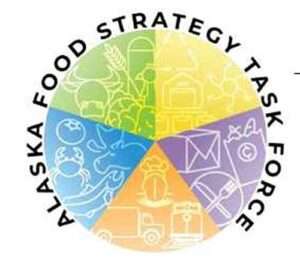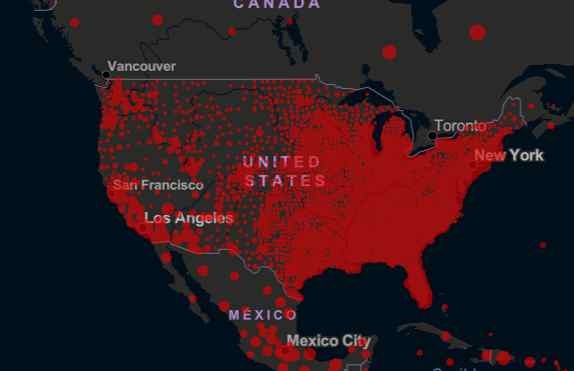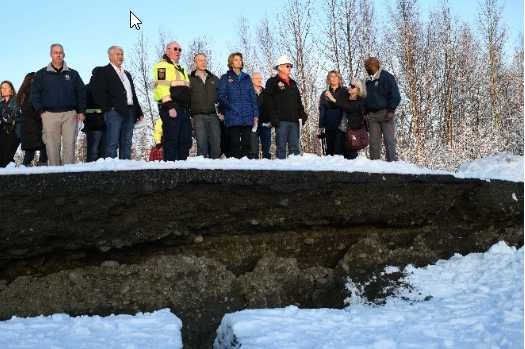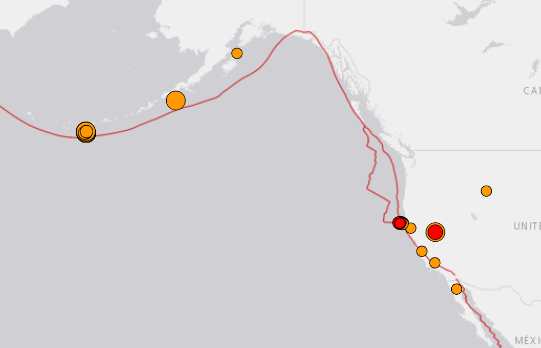 PALMER – The Alaska Food Strategy Task Force (AFSTF) has released its first of two reports as required by statute with
PALMER – The Alaska Food Strategy Task Force (AFSTF) has released its first of two reports as required by statute with
recommendations pertaining to three of its seven assigned focus areas centered around improving food security and
independence in Alaska.
AFSTF Chair, Senator Shelley Hughes, applauded the members’ efforts to pinpoint actionable and achievable steps to
overcome the challenges Alaska faces. “We are currently vulnerable, and it is time we begin to implement tangible
solutions. Our overdependence on the lower 48 puts us at one crisis away from a food shortage. An earthquake, a labor
strike at a major port, a pandemic – and we would see our store shelves empty out in short order. Rather than an
academic discussion about interesting ideas, the report includes specific, workable strategies that list responsible
entities, any required statutory or regulatory changes, proposed timelines and action steps, and metrics to be used to
measure progress and success. We are not promoting boondoggles or interested in theories on paper. We are focused
on actually increasing food production and access to locally grown foods over the coming years.”
The 86-page report addresses 1) growing the agriculture industry, 2) growing markets for local products, and 3)
improving transportation and infrastructure. The 36-seat AFSTF divided its members into three committees in late spring
according to their expertise and corresponding to the three focus areas. Each committee began their work in late spring,
picking up where the 2022 task force on the same topic of food security left off.
Kelli Foreman, Executive Board member, Kodiak farmer, and Vice President of the Alaska Farm Bureau Kodiak Chapter,
shared her perspective and excitement regarding the AFSTF report, process, and future implementation of the
recommendations. ““As a farmer, it has been great to actively engage in the process of forming actionable
recommendations. As Task Force members, we are working to help empower farmers to not just survive but thrive in
Alaska through enhancing support programs, boosting production, unlocking new avenues to reach and expand markets,
and ensuring success in an ever-evolving agricultural landscape.”
AFSTF Executive Board member Michael Jones with the Institute of Economic Research commented too on the Task
Force’s work and efforts. “Alaska’s food security is complex, but requires both sound management of wild food systems
and robust supply chains that provide high-quality and affordable food to populations across a vast area. This task force
has identified many actionable and data-driven proposals across three initial focus areas that can support local
production, reduce waste, and foster economic growth. We hope these intervention options foster high-level discussion
and will be strongly considered as our team begins work on the remaining four focus areas.”
The AFSTF’s next report is due August 1, 2024 and will focus on the remaining four focus areas as well as make any
necessary updates to the recommendations in its 2023 report, including reporting on the status and progress of action
items incorporated in each recommendation. Chair Hughes summed up the sense of the AFSTF: “We are committed to
the work ahead toward greater food independence in our state. The report the Task Force has issued is not intended to
collect dust in a file. We eagerly look forward to partnering with Alaskans to begin bringing these recommendations to
fruition.”[content id=”79272″]








